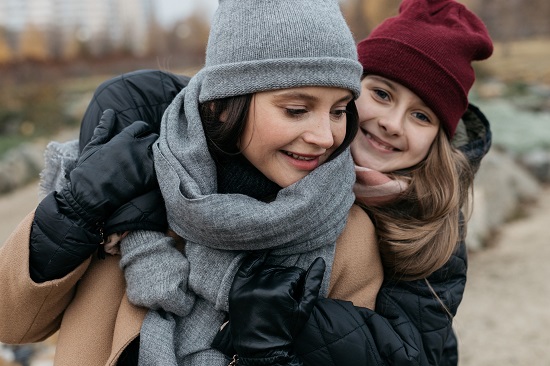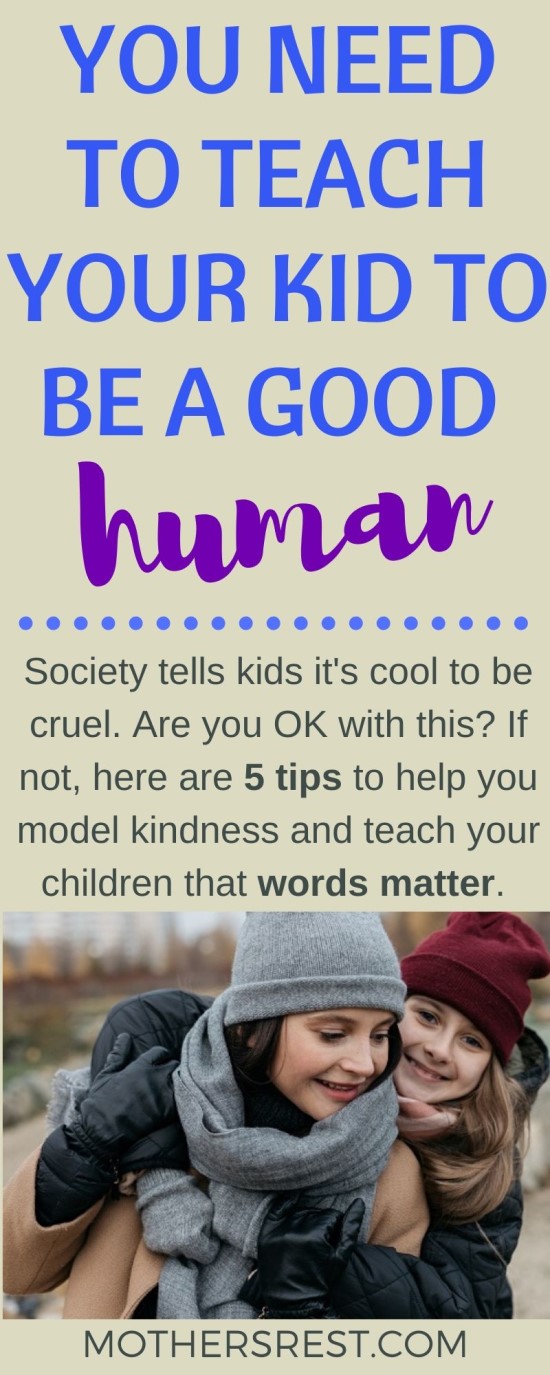By Julie Ballantyne Brown, guest blogger
Besides being a mom of three boys, I’m also a middle school teacher. And while I am of the persuasion that kids are precious and still learning and all of that, they can also be incredibly and deliberately cruel to one another.
I hear it every day: taunts about weight, skin color, ancestry, hair, financial status. You name it, a middle school student has heard it. Either directed to them or to someone else. And it’s really disturbing. Girls are routinely called whores or bitches. Boys are “insulted” as pussies or girls.
Even eight- and nine-year-olds say these things. My school includes 4th through 8th grades and it still shocks me to hear a tiny 8-year-old tell another one to SHUT THE EFF UP. This is even with all of the anti-bullying programs out there. By the way, this isn’t exclusive to my school. I’ve heard this my entire teaching career, even while subbing, at many different schools.
The wrong message
How we adults handle this behavior is really important.
The thing is, a lot of times, when a child is subjected to these insults, adults either tell them to just ignore it or they turn the responsibility on the kid who was the target. They say, “suck it up,” and tell little boys to “be a man.” Instead of actually dealing with the situation. This sends the wrong message.
I’ve heard boys say absolutely vile things to girls and when I confront the boy, the girl will tell me, “it’s okay.” Not wanting me to do anything about it! The boy learns he can get away with this, and the girl learns to just let it happen. This teaches kids to not only expect but tolerate verbal abuse, to accept it as a normal part of growing up.
We should be teaching them to not say these things at all. We should be teaching them how to be good humans.
Words wound – for years
When my boys would deliberately say or do something hurtful to one another, as kids do, I tried my best to get them to understand exactly what they were doing and explained how words can hurt for a very long time.
I wanted my boys to know that what they say in the heat of the moment can cut deeply. I wanted them to think before they spoke, to make a choice about what to do before repeating what someone else is passing around, to put themselves in another’s position. Because I remember a lot of things said to me as a kid and I still feel a twinge of pain when I think of them.
How did these lessons play out for my boys in the real world? Honestly, I don’t know. I wasn’t with them 24/7, at school or activities, but I do know that that kind of thing wasn’t tolerated at home. I hope they remember what I taught them to this day.
Holding kids accountable
I try to do the same thing when I hear students say these things. I pull kids aside, one-on-one, and talk to them about what they said. Why did you say that? Do you even know what those words mean? What if someone said that to you or to your mother, father, siblings? Would you say that in front of your parents? (In some cases, the answer to that question is a heartbreaking, “Yes.”)
I try to not only hold them accountable for their actions, but to do it in a way that helps them understand there are consequences for those actions.
Their brains are still growing and their bodies are changing. All those hormones make kids do dumb things. But that doesn’t mean we can’t PLANT THE SEEDS FOR BEING KIND. Also, we shouldn’t just dismiss this behavior as “kids being kids” or, worse, “boys being boys.” (And don’t be fooled, girls can be just as abusive, especially to each other.)
Roaming the Internet
Where do kids learn this stuff? It’s very simple: FROM US. The adults in their lives, either in their own homes or via the media – and especially on the Internet.
Have you ever read the comments section for an article you found online? Try it once – it’ll terrify you. It’s a freaking scary place.
Kids are left alone to roam online, unmonitored, uncensored. They’re exposed to every racist, sexist, misogynistic thought out there. They’re exposed to porn of all kinds, not to mention abhorrent INCELS and extremists. The Internet is not a babysitter, but a lot of parents treat it that way.
You don’t think your kid has seen anything? Don’t fool yourself. They’ve seen and heard more than you know. Even with the protections we took, our kids still managed to stumble on some crazy stuff. This is a scary time to be a parent.
Be a good example
So what can you do about all this? How can you teach your kid to be a good human?
1. Talk to your children
Learn about what’s going on in their lives and who their friends are. Ask them about their likes and dislikes, about their hobbies and dreams.
2. Know where they’re going
I’m talking physically – AND ONLINE.
3. Hold them accountable
Their actions have consequences. Teach them this without berating them. And be consistent.
4. Model kindness
Teach your kids to be kind and to treat others with respect. And don’t just tell them, demonstrate this yourself. Treat others with kindness and respect and make sure your children see you do it. Even if the waiter/waitress/customer service rep is having a bad day or gets something wrong with your order or your food is late.
5. Be a good human yourself
Don’t make disparaging remarks about women, men, other races, or religions. Change your behavior if necessary and talk to your kids about it. Showing your kids that you can change is incredibly powerful.
Parenting is really difficult and most of us do the best we can, but we can always learn and grow. We parents are the most important example and influence in our children’s lives. The kids imitate us. Which means the culture won’t change until we do.
Let’s raise kids to be good humans. And show them life is way more beautiful that way.
Share your tips on modeling good behavior below or on Facebook at MothersRest.
For your convenience, I’ve included affiliate links. Read my Disclaimer to learn more.
About the guest blogger:
Julie Ballantyne Brown grew up in the Metro Detroit area of Michigan and is the author of Traveler, as well as Put Up Your Hair, published through Heritage Books. She and her husband have three sons. Besides writing, Julie loves to participate in community theater and is a proud history and genealogy nerd. She also plays a mean game of Words With Friends. One day, she will live in London.
You can find the original version of this article on Julie’s blog, A Place of My Own. And you can explore more of Julie’s writing in this post, Life changes fast. Get ready, new momma.
You can read Julie’s reflections on the terror of teaching middle schoolers during school shooter drills in this post.
Photo credit: Анастасия Гепп from Pixabay

